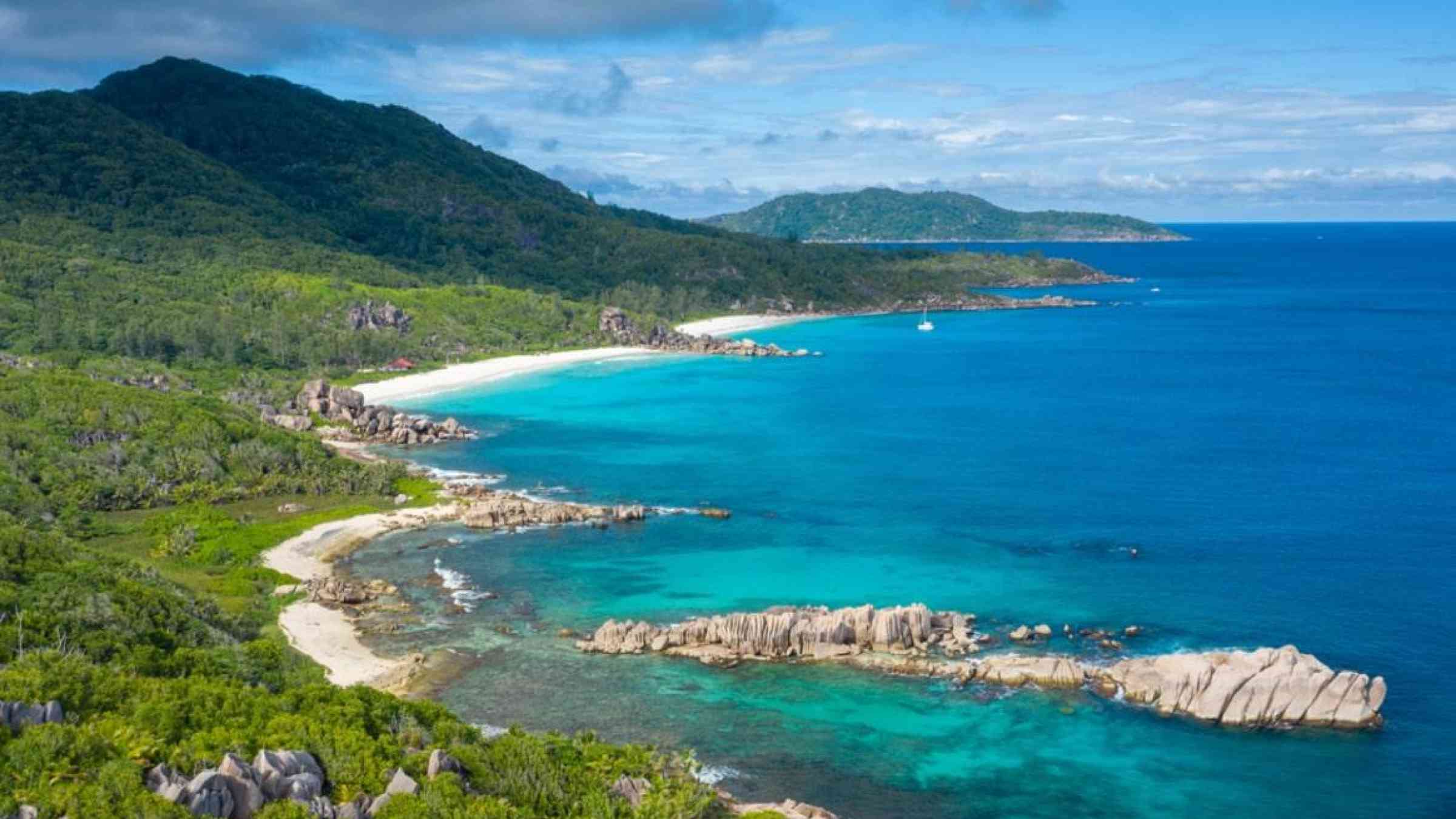
The Seychelles archipelago in the Indian Ocean near Africa includes 115 islands, less than a third of which are inhabited. The country is ranked high on the development index for this continent but income inequality is also relatively high. Like many small islands, the Seychelles are vulnerable to the effects of climate change.
The World Bank commissioned Deltares to help the Seychelles during the drafting of their national determined contribution to the Paris Climate Agreement. In addition to the chapter on climate adaptation, we helped with a chapter on the sectors of the blue economy. It describes the investment priorities and the various institutional factors with the aim of providing the sectors with the support they need in their efforts to adapt to the effects of climate change.
Paris Climate Agreement
Countries that have signed up to the Paris Climate Agreement submit their National Determined Contributions every five years. The Seychelles is also doing this with a document that outlines concrete steps to reduce greenhouse gas emissions. They also describe how the island state is adapting to climate change. However, the Seychelles pays particular attention to their blue economy and the resulting natural solutions for achieving climate adaptation and mitigation.
Blue economy is the engine
The blue economy of the Seychelles depends largely on fishing and tourism. Important export products are fish and fish products, and particularly canned tuna. The blue economy therefore already accounts for a significant proportion of the income of the inhabitants. As a small island state, Seychelles is also on the front line when it comes to the effects of climate change. Sea level rise and the degradation of coral reefs due to higher sea temperatures exacerbate the risk of coastal erosion. In combination with changing weather patterns, this poses a threat to the coasts and critical infrastructure of the islands. Because money is earned with and on the surrounding water, beaches and ecosystems, it is vital to manage this source of income sustainably.
Partnership
Working with the University of the Seychelles, we studied the current status of the blue economy in Seychelles and identified knowledge gaps. In addition, data were collected and interviews were held with representatives on the islands. A stakeholder workshop was organised to review all the findings.
As a result of this collaboration with the World Bank, the local university and different ministries, Deltares has also acquired new knowledge about the added value of the blue economy in terms of climate adaptation. We can draw on that knowledge to help other partners as well.